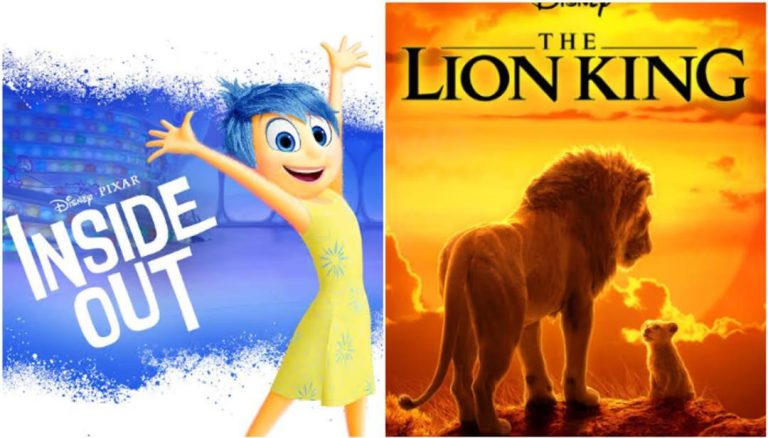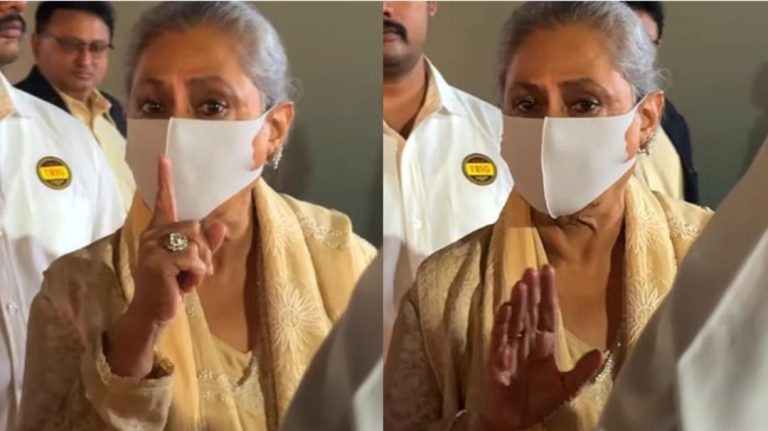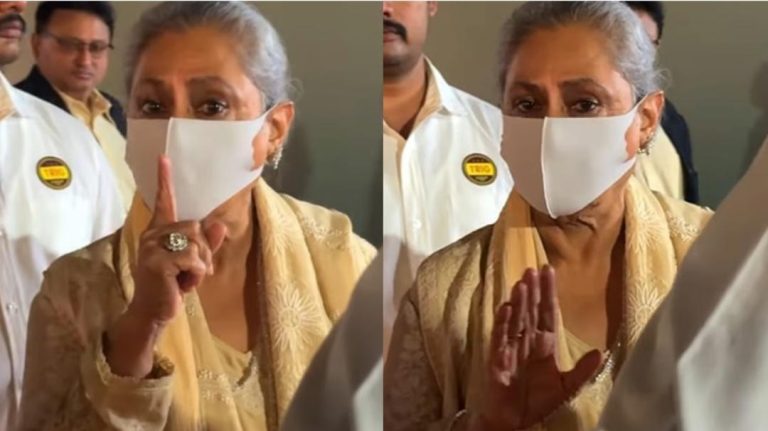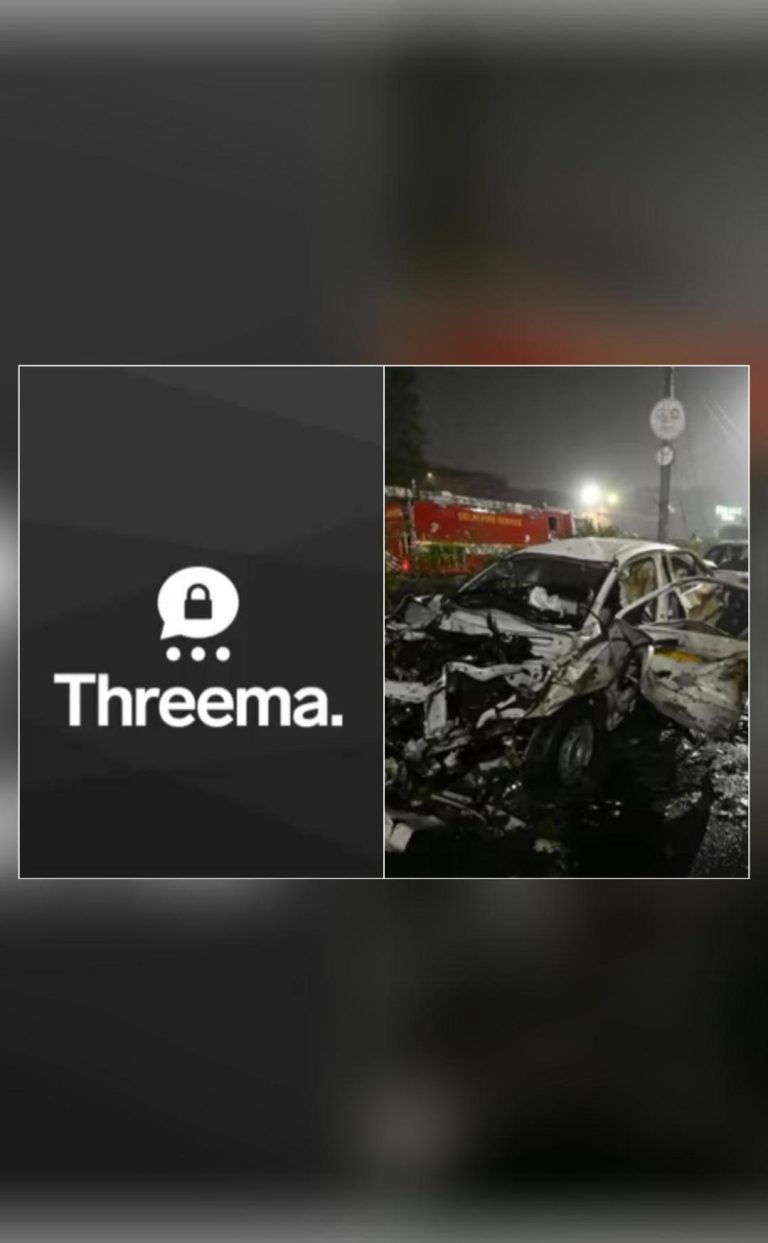
CBFC cuts words like ‘pradhan mantri’ & ‘chaiwala’ from Murderbaad
The Central Board of Film Certification (CBFC) has made headlines once again for its rather unexpected censorship decisions. This time, the board has instructed the makers of the upcoming film ‘Murderbaad’ to edit out words such as ‘pradhan mantri’ and ‘chaiwala’ from a dialogue. The director of the film, Arnab Chatterjee, has expressed his disappointment and frustration with the decision, terming it as “absolutely benign joke, rather aspirational for lower-middle class of our country, and far away from any political stance.”
The film ‘Murderbaad’ has received an ‘A’ certification, which means it is suitable for audiences above the age of 18. The film’s dialogue in question features a character saying “pradhan mantri ko nahi chaiwala ko” (We don’t need a prime minister, we need a chaiwala). The line was intended to be a lighthearted joke, poking fun at the idea of a chaiwala (tea vendor) becoming the prime minister of the country. However, the CBFC felt that the words were too sensitive and decided to censor them.
The decision has sparked a debate about the CBFC’s role in censoring films and the type of content that is deemed appropriate for audiences. Some have argued that the CBFC is overstepping its bounds by censoring words that are not offensive or harmful in any way. Others have argued that the board is simply doing its job by ensuring that films are suitable for all audiences.
The CBFC has been in the news recently for its decisions to censor films. Earlier this year, the board was criticized for its decision to ban the film ‘Lipstick Under My Burkha’ over its perceived sexual content. The film was eventually released with an ‘A’ certification after a lengthy appeal process. The CBFC has also been accused of being overly sensitive to certain words and phrases, censoring them even when they are not offensive or harmful.
The decision to censor the words ‘pradhan mantri’ and ‘chaiwala’ from ‘Murderbaad’ raises questions about the CBFC’s understanding of Indian culture and society. The words are common in everyday conversation and are not typically associated with any political or sensitive issues. The CBFC’s decision to censor them may be seen as an overreaction, particularly given the lighthearted nature of the dialogue in question.
The controversy surrounding ‘Murderbaad’ is not the first time that the CBFC has been accused of censorship. The board has a long history of censoring films, often over issues that are deemed sensitive or offensive. However, some have argued that the CBFC’s role is not to censor films, but to ensure that they are suitable for all audiences.
The CBFC’s decision to censor the words ‘pradhan mantri’ and ‘chaiwala’ from ‘Murderbaad’ may have unintended consequences. By censoring words that are common in everyday conversation, the CBFC may be contributing to a culture of censorship and self-censorship. This could have a chilling effect on creative expression, leading to a lack of diversity and creativity in Indian films.
In conclusion, the CBFC’s decision to censor the words ‘pradhan mantri’ and ‘chaiwala’ from ‘Murderbaad’ raises important questions about the board’s role in censoring films. While the board’s intention may be to ensure that films are suitable for all audiences, its decisions can often be seen as overreactions or examples of censorship. The controversy surrounding ‘Murderbaad’ serves as a reminder of the need for a balanced approach to censorship, one that takes into account the cultural and social context of the film in question.




